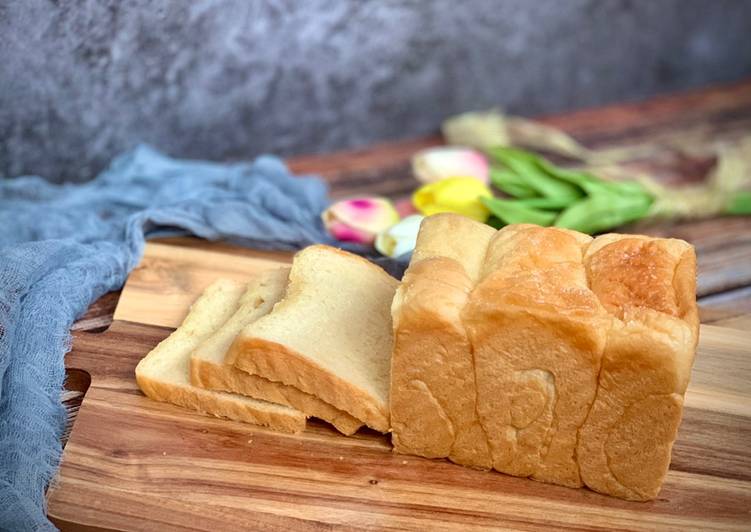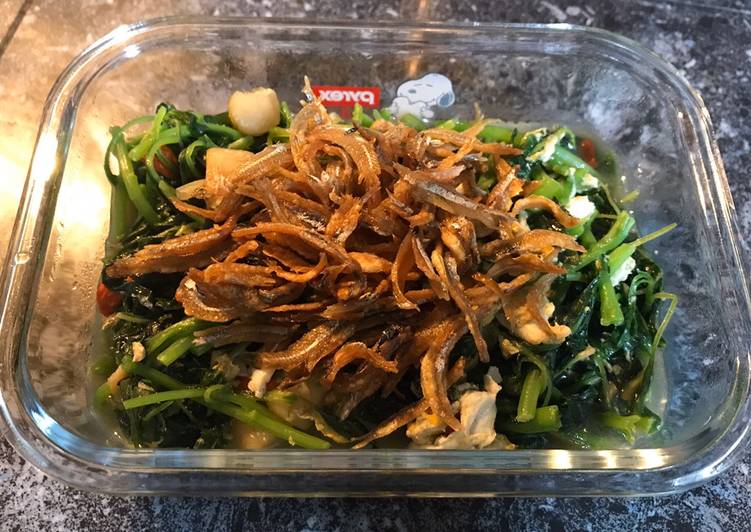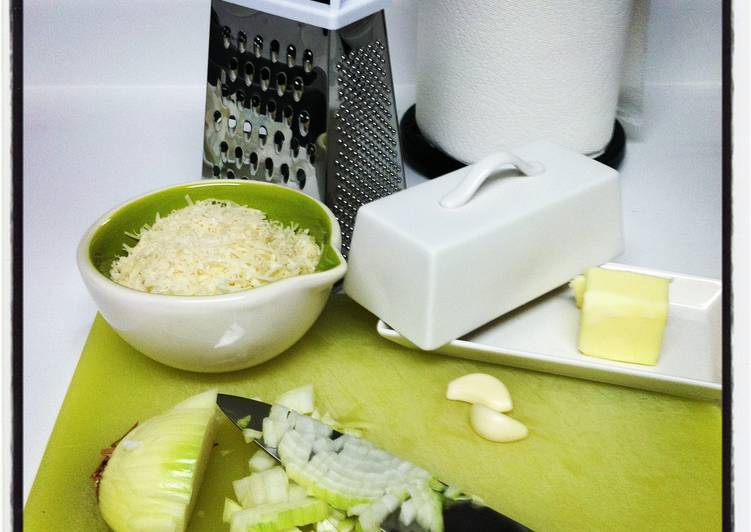
Hey everyone, hope you’re having an amazing day today. Today, we’re going to make a special dish, japanese super soft bread (using heavy cream). It is one of my favorites. For mine, I’m gonna make it a little bit unique. This will be really delicious.
I baked this Japanese Soft White Bread using the same recipe I shared before on Shokupan Japanese Soft Bread. The original recipe is adapted from Chopstick Chronicles. This bread is super fluffy, soft and moist.
Japanese Super Soft Bread (using heavy cream) is one of the most well liked of recent trending meals in the world. It’s simple, it is fast, it tastes yummy. It’s appreciated by millions every day. Japanese Super Soft Bread (using heavy cream) is something that I have loved my whole life. They are nice and they look fantastic.
To get started with this particular recipe, we must first prepare a few ingredients. You can have japanese super soft bread (using heavy cream) using 9 ingredients and 8 steps. Here is how you can achieve that.
The ingredients needed to make Japanese Super Soft Bread (using heavy cream):
- Make ready 250 gr bread flour
- Prepare 20 gram sugar
- Make ready 20 gram honey
- Take 4 gram salt
- Take 3 gram instant yeast
- Get 80 gram heavy cream
- Take 70 gram full cream milk
- Prepare 60 gram water
- Get 20 gram unsalted butter (softened)
Stays fresh for days longer than regular bread. Follow this step-by-step tutorial to make the fluffiest, yummiest bread ever! Recipe The soft and fluffiest Asian milk bread in the world. I'll love this popular bread that's also commonly known as Hokkaido Milk Bread or Japanese milk Since this bread does not necessarily require ingredients from Hokkaido, Japan, I like to just call it soft milk bread for the sake of simplicity. An incredibly fluffy and pillowy soft bread originating from Hokkaido.
Steps to make Japanese Super Soft Bread (using heavy cream):
- Mix all ingredients together except butter. I used stand mixer, using the dough hook until well combined
- Add in the butter and continue to mix (low speed) until the dough comes together and won’t stick to the wall of the bowl
- Do the window pane stage test, when the dough is elastic and can be spread thinly without tearing/breaking
- Once ready, put the dough in the bowl, cover with cling wrap/kitchen towel and let the dough rise until double in size (about 1 hour)
- After the dough double in size, punch down the dough to release the air. Divide the dough into 4 equal sizes. Form each portion to a ball and rest the dough again for another 25 minutes
- Layer the bread tin with cooking oil. After resting the dough for 25 minutes, flatten each dough using rolling pin, and shape it like a small log. Repeat for all 4 doughs. Let it rise for another 1 hour for 2nd proofing. No need to cover the tin first.
- Cover the loaf tin. Preheat the oven to 190 celcius degree. Bake 15 minutes in 180 celcius degree, continue with another 15 minutes in 160 celcius degree or until the bread turn golden brown.
- Remove the bread from the oven Brush the top of the bread with butter. Take it out from the loaf tin and let it cool on the rack completely before slicing.
This bread uses the Differing recipes aside, those two words are always associated with the Japanese Milk Bread. As with most super soft Asian bread recipes, the tangzhong or water roux method was used for this Hokkaido Milk. This light and fluffy Japanese milk bread features a smart technique that keeps the sandwich bread soft and pillowy for days. In addition to milk bread, the tangzhong method can be applied to a variety of other baked goods (including cinnamon rolls!) to make them extra-light and extra-fluffy. Extremely soft and fluffy Japanese milk bread rolls using water roux or tangzhong.
So that is going to wrap this up for this special food japanese super soft bread (using heavy cream) recipe. Thank you very much for your time. I am confident you will make this at home. There is gonna be more interesting food in home recipes coming up. Remember to bookmark this page on your browser, and share it to your loved ones, friends and colleague. Thanks again for reading. Go on get cooking!


